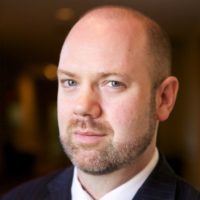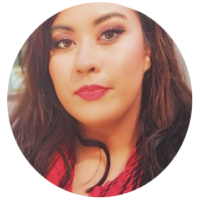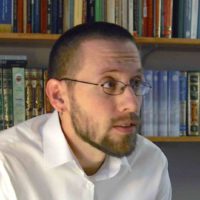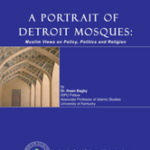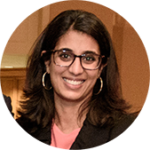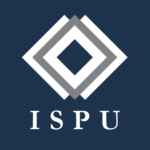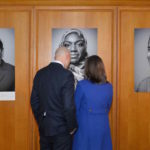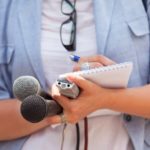ISPU provides objective research and education about American Muslims to support well-informed dialogue and decision-making.
.
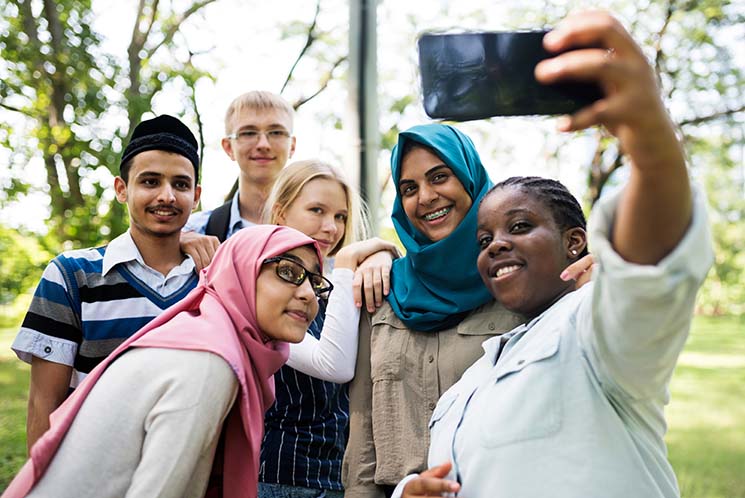
Why We Exist
At the Institute for Social Policy and Understanding (ISPU), we envision an America where Muslims are thriving and equal. And we believe that relevant, rigorous research in the right hands will help us get there. Our work strengthens Muslim communities and equips those working toward full and equitable inclusion with solution-seeking research. Learn about our impact→
.
What We Do
Founded in 2002, ISPU has been at the forefront of discovering trends and opportunities that impact American Muslims for almost 20 years. We’re a nonpartisan, nonprofit organization that builds understanding and strengthens communities by laying a foundation of facts. As the only organization of our kind, we’re the go-to source for anyone seeking information about Muslims in America and issues that impact them. We also share what we know in easily digestible ways with the general public, policymakers, media professionals, community leaders, and more. ISPU has offices both in Dearborn, Michigan, and Washington, D.C. Meet our staff in D.C. and Michigan→
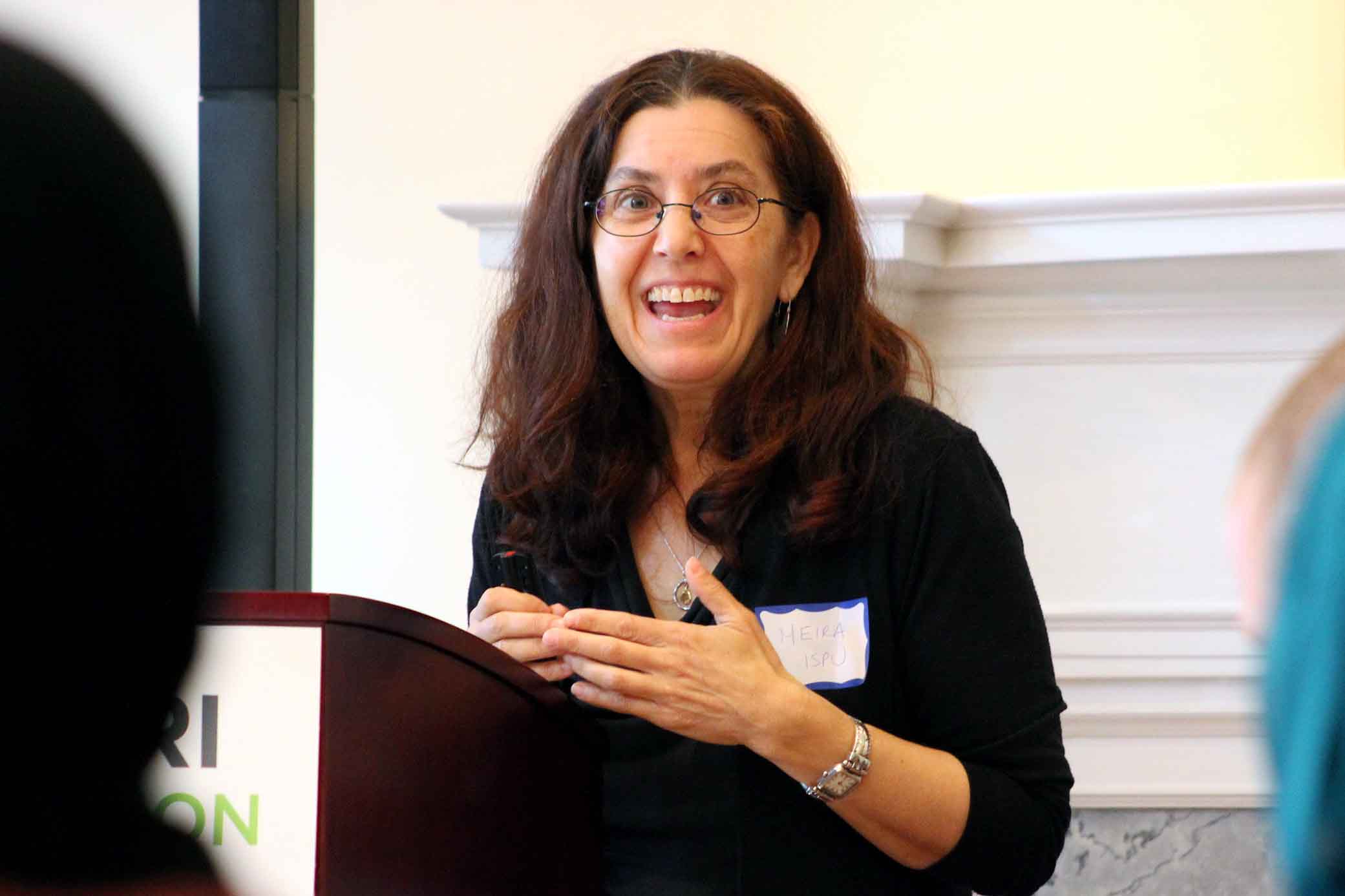

What We Do
Founded in 2002, ISPU has been at the forefront of discovering trends and opportunities that impact American Muslims for almost 20 years. We’re a nonpartisan, nonprofit organization that builds understanding and strengthens communities by laying a foundation of facts. As the only organization of our kind, we’re the go-to source for anyone seeking information about Muslims in America and issues that impact them. We also share what we know in easily digestible ways with the general public, policymakers, media professionals, community leaders, and more. ISPU has offices both in Dearborn, Michigan, and Washington, D.C. Meet our staff in D.C. and Michigan→
.
How We Do It

DISCOVER
First, we discover new data through rigorous research. Our publications, including our American Muslim Poll, provide much-needed insight into issues impacting not just Americans who are Muslim but all of us. Explore our publication library→

EDUCATE
Next, we use what we learn to educate the general public and raise awareness. We reach millions of people every year through in-person and digital education events, exhibits, convenings, media coverage, and more. See our events calendar→
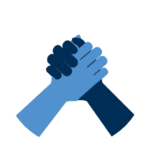
EQUIP
Finally, we provide resources for journalists, policymakers, community leaders, teachers, advocates, and others to use in their own work. Equipping others multiplies our impact as the data lives on in the work of those who catalyze change. Explore our toolkits→
.
Our Story
Our Story
.
Our Values

COLLABORATION
We actively seek to work with, not in competition against, others in the field.

ACTION
We conduct research to find solutions that are realistic and implementable.
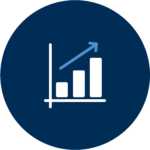
RIGOR
Our research is objective, thorough, and evidence based.
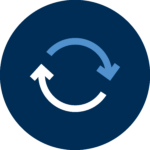
RESPONSIVENESS
We conduct research on what is relevant now to American Muslim communities.

VISION
We continuously look for emerging challenges and opportunities.

EXCELLENCE
Quality and professionalism are key to all that we do.


